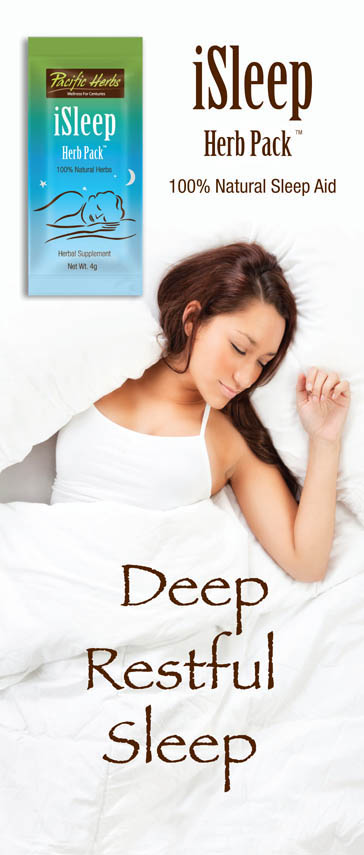 Do you practice good sleep hygiene?
Do you practice good sleep hygiene?
You might be asking what is sleep hygiene?
Sleep hygiene is a combination of practices to create a restful, rejuvenating night of sleep. If you don’t get restful sleep every night there is an herbal solution to help. This product has over 800 hundreds of years of use and clinical studies backing it’s effectiveness.
Why use an herbal remedy for sleep that has been used for 800 years? Because, it works!
The history of herbal remedies is as old as man. Written first on bones, turtle shells and then bamboo and pryus reeds this sleep remedy has been past down from generation to generation.
There is no guessing.
The herbs used gently calm the mind, stop the over-thinking and allow the body to fall asleep and stay asleep naturally.
We did improve on these herbs by re-packaging them in convenient easy to use individual packets.
Our packets combine the best in pharmaceutical packaging without using fillers or additives.
Our packets are convenient, have no additives, no sugar, no pills and best of all, water is optional.
Try iSleep Herb Pack today not just because it tastes great, but because you deserve a restful night of sleep…
every night.
Don’t be fooled by sleep aids today that combine herbs which have no history of ever being used together. That is junk science. It’s similar to the idea of throwing everything in your refrigerator into a pot of soup and hoping it will taste good. We know it doesn’t work that way.
Wouldn’t you rather use an herbal sleep aid that has hundreds of years of use!


